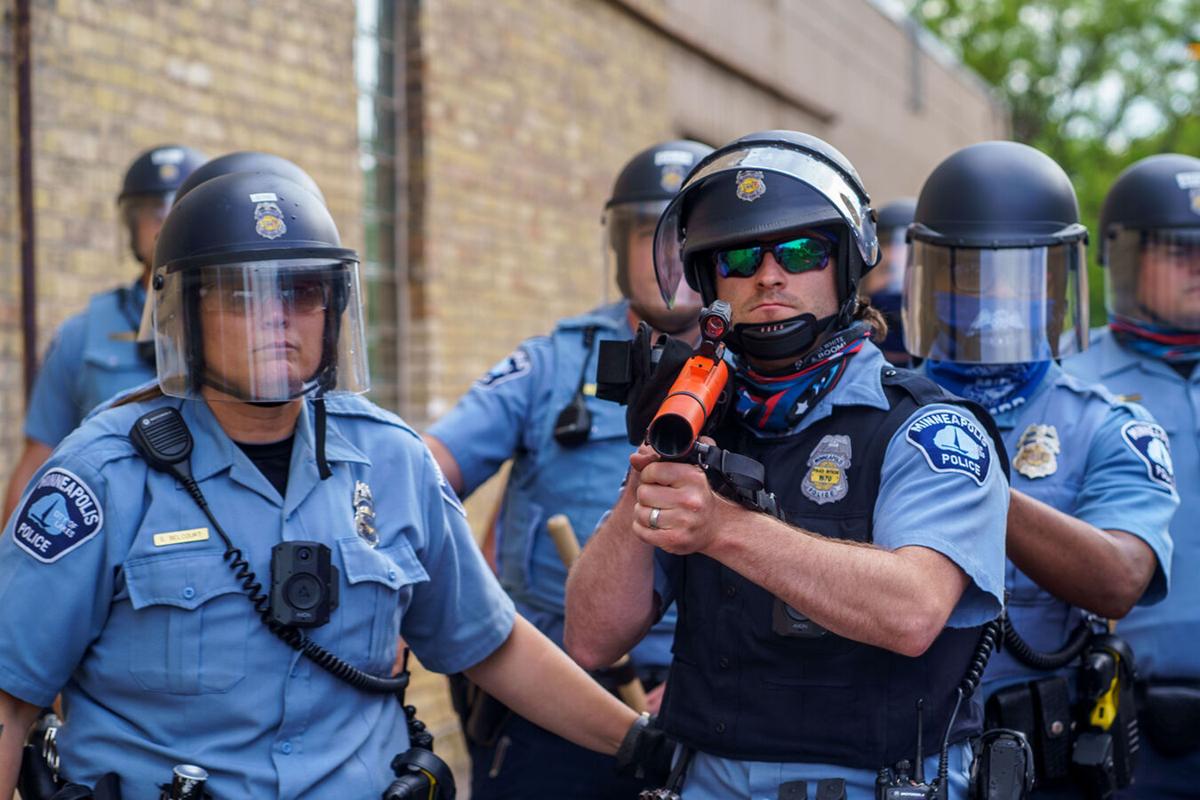
[UPDATED] I take very little pleasure in correctly predicting the ignominious defeat of Minneapolis’ “police reform” amendment. A couple weeks ago, when I wrote, “Bold Prediction: Police Reform (i.e. “Question Two”) Will Lose by at Least 10%” all the signs pointed to the same conclusion. Since no one knew — really — what came next after “reforming” the cops, the only safe choice was sticking with what we’ve got.
Were I a Minneapolis resident I would have voted in favor of “Question Two”. But that decision would be based on:
1: Having had (way more than) enough of a clearly diseased cop culture. (And judging by the number of Minneapolis cops willing to slap on an ugly t-shirt and howl approval for Donald Trump, the case is closed on whether “diseased” is fair judgment.)

2: A belief that the city’s generally well-educated activist community would have had impact on the creation and function of … what would come next.
And 3: I’m a white guy in the “safe” quadrant of town. Stories of car jackings and catalytic converter thefts are frequent, but I give next to no thought of getting caught in gang-banger crossfire.
I haven’t yet seen a precinct-by-precinct break down of the vote, but my guess is that Question Two’s 57%-43% thrashing was heavily influenced by northside residents saying, “Hell no.”
[UPDATE: Well, well, well. It seems the area of Minneapolis most heavily opposed to Question Two was my neighboring hood. Comfortably middle to upper class, predominantly white, liberal, safe-as-it-gets southwest Minneapolis. This opens another interesting line for ranting … but not right now.]
That said, Democrats and progressives justifiably horrified by what (again) is fair to describe as constant cop thuggery/racism/sexism/neanderthalism, are going to have to take a painful reality check before the next election.

Fear of crime — heavily and cynically hyped by conservative media and candidates — is Issue #1 for the forseeable future. And it’s the easiest sell imaginable.
The progressive version of law and order doesn’t play on a bumper sticker.
Even comfy, otherwise liberal-minded whites, people who accept that the cop culture is such an entrenched tumor, capable of aggravating (if not generating) so much fear and hysteria through “blue flu” work slowdowns and the shivving of any politician who crosses their union, are here to stay. The slightest attempt to reform or “correct” (as Delbert Grady says to Jack Torrance in “The Shining”) will set off a new, more intense round of fear-stoking by the usual suspects.
Perhaps someone can offer a scenario where the newly powered-up Mayor’s office can end an era of cop impunity (Derek Chauvin and Mohamed Noor withstanding) and restock the department with ethical, composed professionals instead of ex-telemarketers and mall cops waving their fresh-issued police revolvers in the face every black guy with a broken tail light.
But someone else is going to have spin up that scenario, because I sure as hell can’t.

